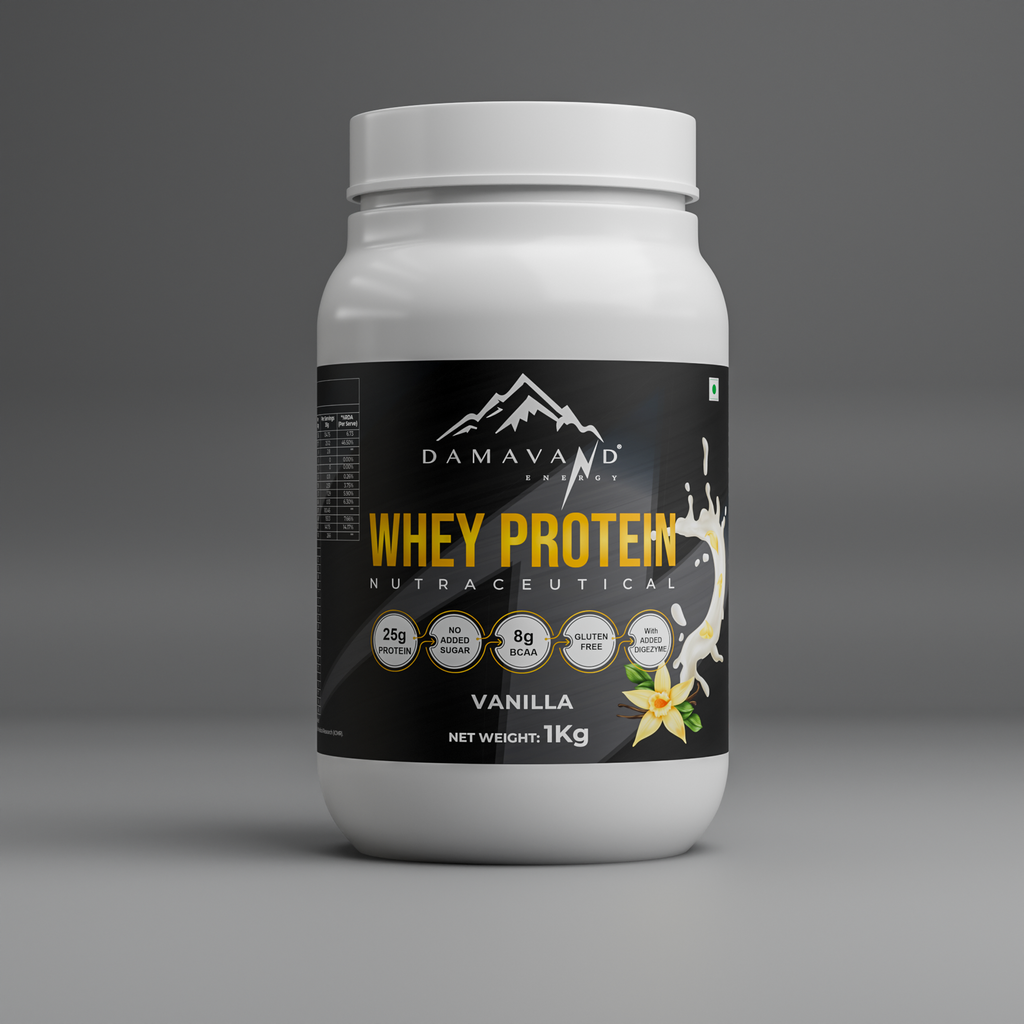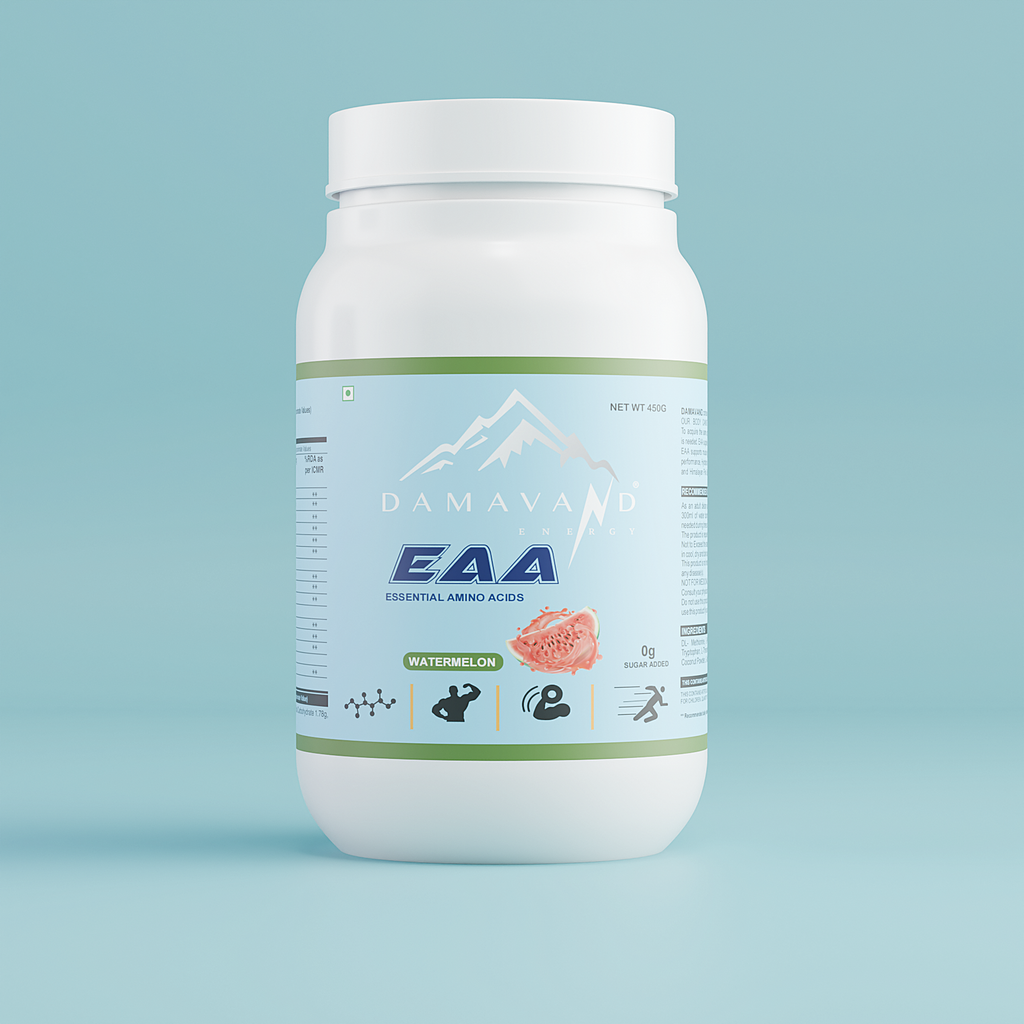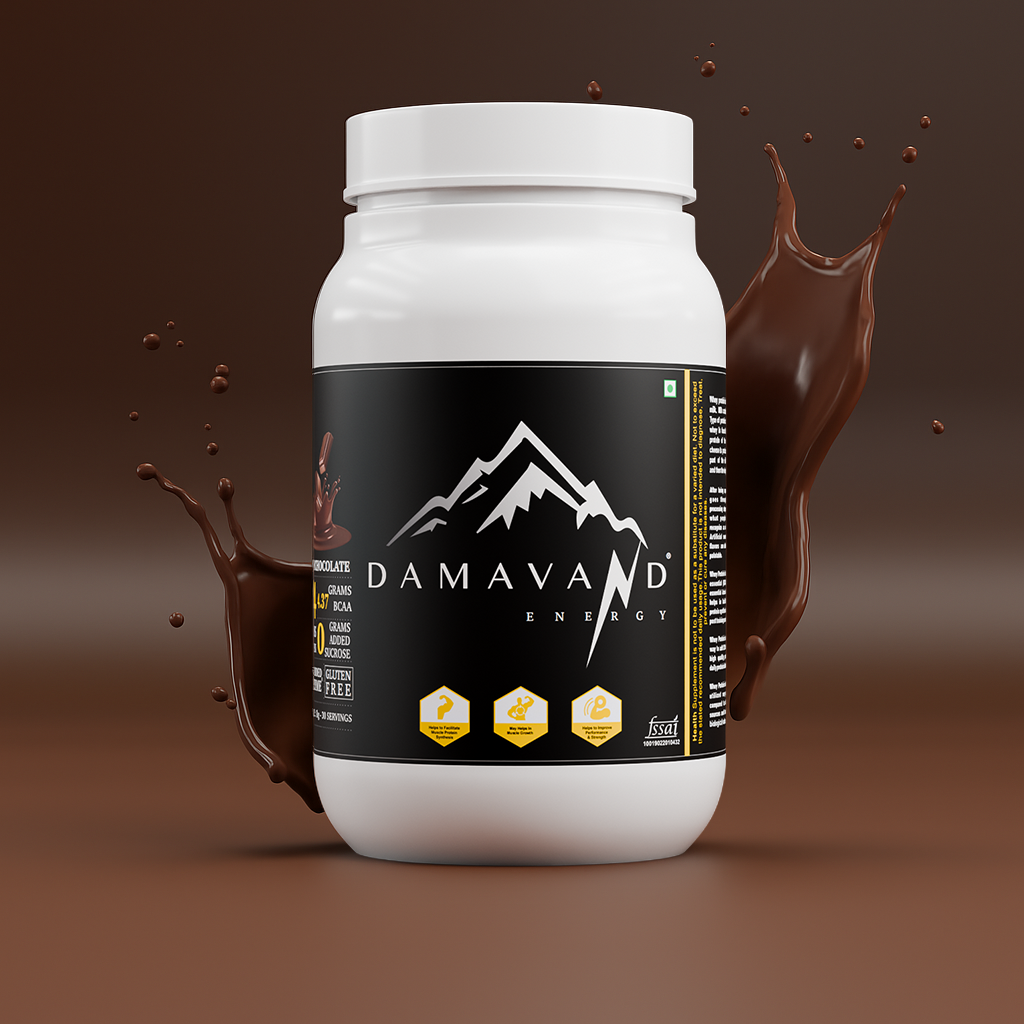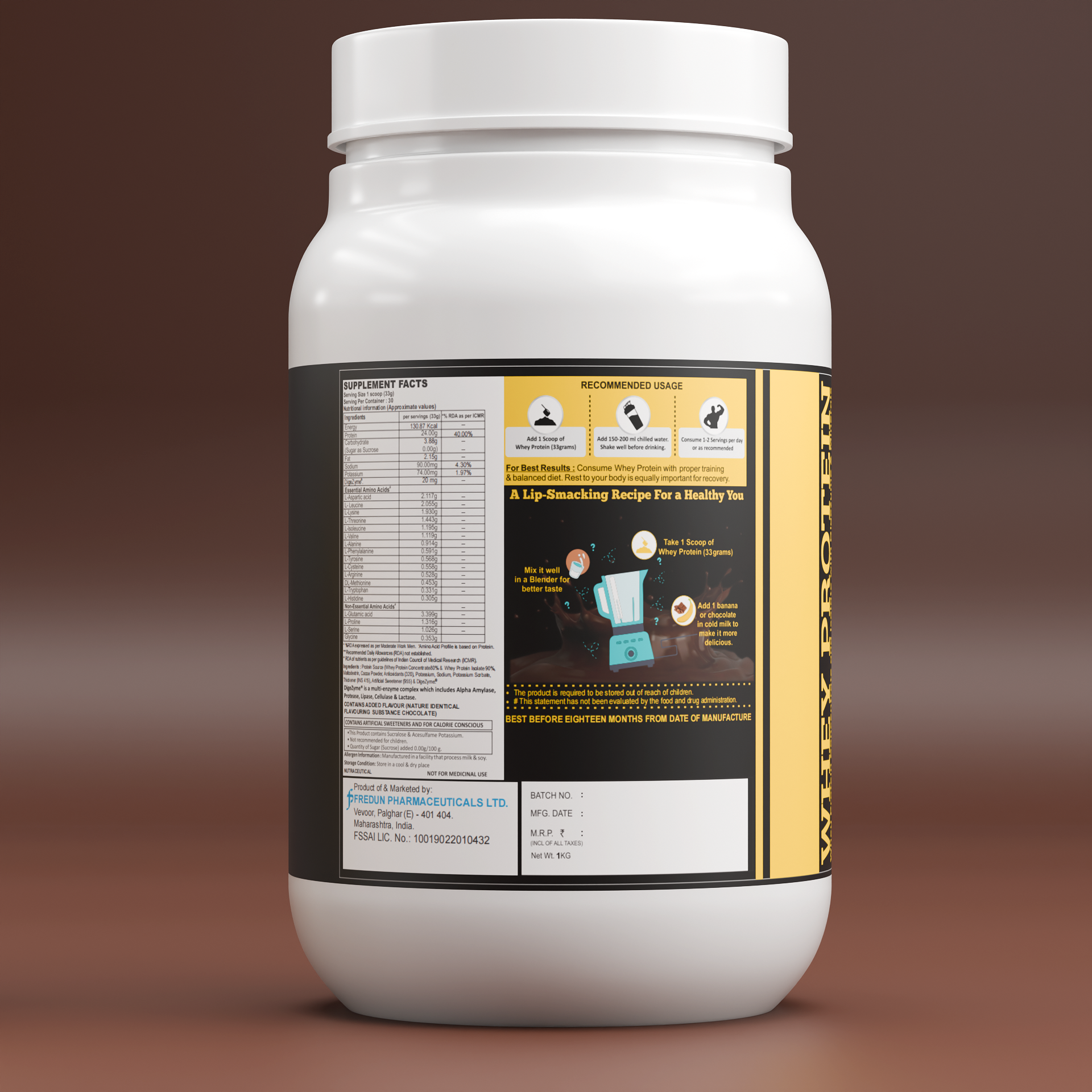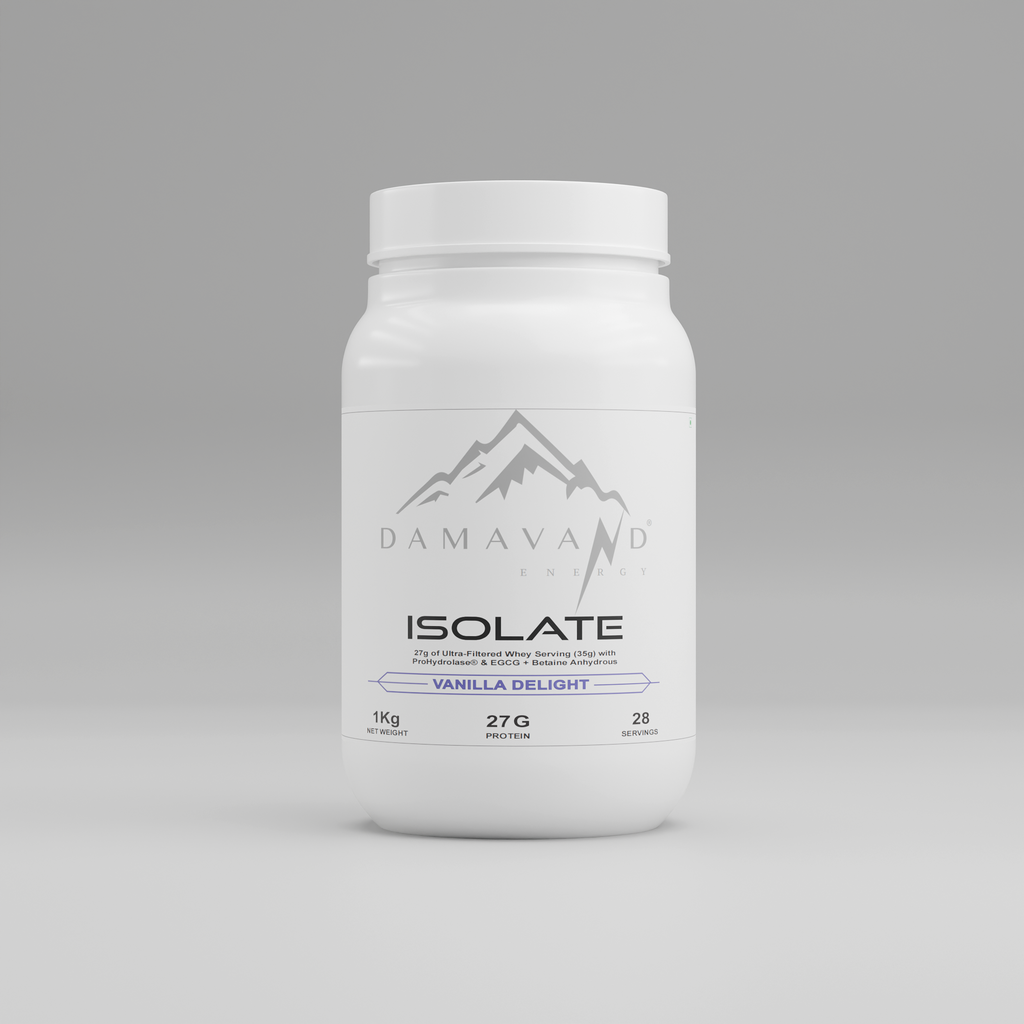
Understanding Isolate Protein: What It Is and Why It Matters

In the world of fitness and nutrition, protein is often hailed as one of the most essential macronutrients. Whether you're an athlete looking to build muscle, someone trying to lose weight, or simply aiming to live a healthier life, protein is key. But with so many types of protein supplements on the market, it can be confusing to know which one is right for you. One that has garnered significant attention in recent years is isolate protein.
What is Isolate Protein?
Isolate protein is a form of protein powder that has been processed to remove most of the fat and carbohydrates, leaving behind a high concentration of protein. This makes it a popular choice for those who want to maximize their protein intake without adding unnecessary calories or fats.
There are different types of protein isolates available, with whey protein isolate being the most common. While whey protein concentrate (WPC) is another popular option, whey protein isolate (WPI) undergoes additional filtration to remove more of the fat and lactose, making it a purer protein source.
How Isolate Protein is Made
The process of making isolate protein typically involves filtering out most of the fats, carbohydrates, and lactose from the raw protein source (like whey, soy, or pea). This results in a higher percentage of protein per serving. For example, whey protein isolate typically contains around 90-95% protein by weight, while whey protein concentrate has around 70-80%.
Key Benefits of Isolate Protein
-
High Protein Content: As mentioned, the main advantage of isolate protein is its high protein concentration. For those looking to meet higher protein goals or maintain muscle mass, it provides an efficient way to get a significant protein boost in just one scoop.
-
Low in Carbs and Fat: Since isolate protein goes through extra processing, it has very low levels of carbohydrates and fats. This makes it ideal for individuals following a low-carb or low-fat diet, such as those trying to lose weight or maintain a lean physique.
-
Faster Digestion and Absorption: Isolate proteins, particularly whey protein isolate, are rapidly digested and absorbed by the body. This makes them an excellent post-workout choice when the body is in need of quick nourishment to repair muscles.
-
Lactose-Free: People with lactose intolerance may find whey protein isolate a better option than regular whey protein concentrate. The extra filtration process removes much of the lactose, which makes it easier to digest for those sensitive to dairy.
-
Supports Muscle Growth and Repair: Protein is a crucial component in muscle repair and growth. Consuming isolate protein after a workout ensures that the body has the necessary building blocks to recover and build muscle tissue.
Who Should Consider Using Isolate Protein?
-
Fitness Enthusiasts and Athletes: If you're looking to build muscle mass or recover quickly after intense training, isolate protein can help you achieve your goals. Its high protein content and rapid absorption make it an excellent post-workout supplement.
-
People with Dietary Restrictions: Isolate protein is a good choice for those following low-carb, low-fat, or keto diets. It's also helpful for individuals with lactose intolerance, as most isolates are nearly lactose-free.
-
Individuals on Weight Loss Programs: For those looking to lose weight, protein is an essential nutrient to keep hunger at bay and maintain muscle mass during a calorie deficit. With its low-carb, low-fat profile, isolate protein can be a great addition to a weight loss plan.
-
Vegetarians or Vegans: While whey protein isolate is the most common form of isolate protein, there are plant-based options as well, such as soy protein isolate or pea protein isolate. These options provide a high-quality protein source for those following vegetarian or vegan diets.
How to Incorporate Isolate Protein into Your Diet
Isolate protein is incredibly versatile and can be consumed in a variety of ways. Here are a few ideas to incorporate it into your daily routine:
-
Protein Shakes: The most common way to consume isolate protein is by mixing it with water, milk, or a non-dairy alternative. You can also blend it with fruits or vegetables for added nutrients and flavor.
-
Smoothies: Add a scoop of isolate protein to your smoothies for a protein-packed snack or meal. Combine it with leafy greens, fruits, nuts, and seeds for a nutrient-dense drink.
-
Baking: You can also add isolate protein to your baking recipes. Try adding it to oatmeal, pancakes, or muffins to boost the protein content of your meals.
-
Protein Bars: Many homemade protein bar recipes include protein powder as one of the key ingredients. By using isolate protein, you can make a delicious snack that’s both filling and nutritious.
Final Thoughts
Isolate protein is a fantastic choice for anyone looking to increase their protein intake without the added fat and carbs. Its quick digestion, high purity, and versatility make it a valuable addition to the diet of athletes, those looking to lose weight, or anyone needing a clean source of protein. However, it's always important to consider your individual dietary needs and consult with a healthcare professional or nutritionist to ensure you're making the best choices for your goals.
With so many options available on the market, you're sure to find the isolate protein that works best for your unique preferences and lifestyle.


